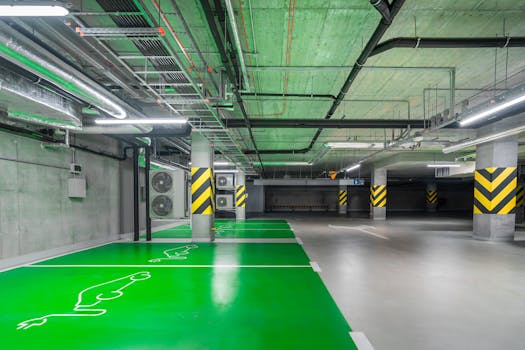
Sustainable Cities: How Europe is Shaping Eco-Friendly Lifestyles by 2025
Introduction to Sustainable Cities
Sustainable Cities, Europe is at the forefront of creating eco-friendly lifestyles, with a focus on reducing carbon emissions and promoting green technology. As the world grapples with the challenges of climate change, European cities are taking bold steps to create sustainable and environmentally friendly urban spaces. In this article, we will explore the innovative solutions and initiatives being implemented across Europe to shape eco-friendly lifestyles by 2025.
Green Technology and Infrastructure
One of the key areas of focus for European cities is the development of green technology and infrastructure. This includes the implementation of renewable energy sources, such as solar and wind power, as well as the creation of green spaces and urban parks. Cities like Copenhagen and Stockholm are leading the way in this area, with a focus on creating carbon-neutral urban environments. For example, Copenhagen’s carbon-neutral district heating system is a model for other cities to follow, while Stockholm’s congestion tax has reduced traffic congestion and lowered emissions.
Transportation and Mobility
Transportation is another critical area of focus for sustainable cities. European cities are investing heavily in green transportation systems, including electric and hybrid vehicles, as well as advanced public transportation systems. Cities like Amsterdam and Berlin are promoting cycling and walking, with dedicated bike lanes and pedestrianized areas. The use of green transportation is not only reducing emissions but also improving air quality and promoting a healthier lifestyle.
Waste Management and Recycling
Waste management and recycling are also essential components of sustainable cities. European cities are implementing innovative waste management systems, including recycling programs and composting initiatives. Cities like Vienna and Zurich are leading the way in this area, with a focus on reducing waste and promoting a circular economy. For example, Vienna’s waste management system is designed to recycle and compost up to 60% of the city’s waste, reducing the amount of waste sent to landfills.
Conclusion
In conclusion, European cities are shaping eco-friendly lifestyles by 2025 through a range of innovative solutions and initiatives. From green technology and infrastructure to transportation and waste management, these cities are promoting sustainable and environmentally friendly urban spaces. As the world looks to Europe for leadership on sustainability, it is clear that the continent is committed to creating a greener and more sustainable future for all.





